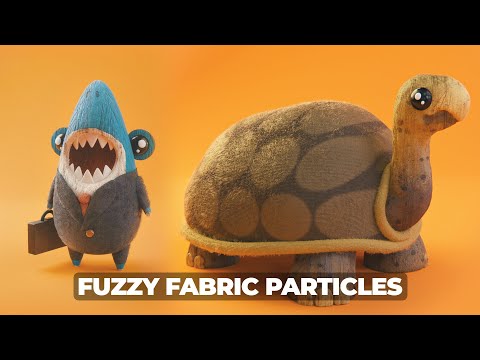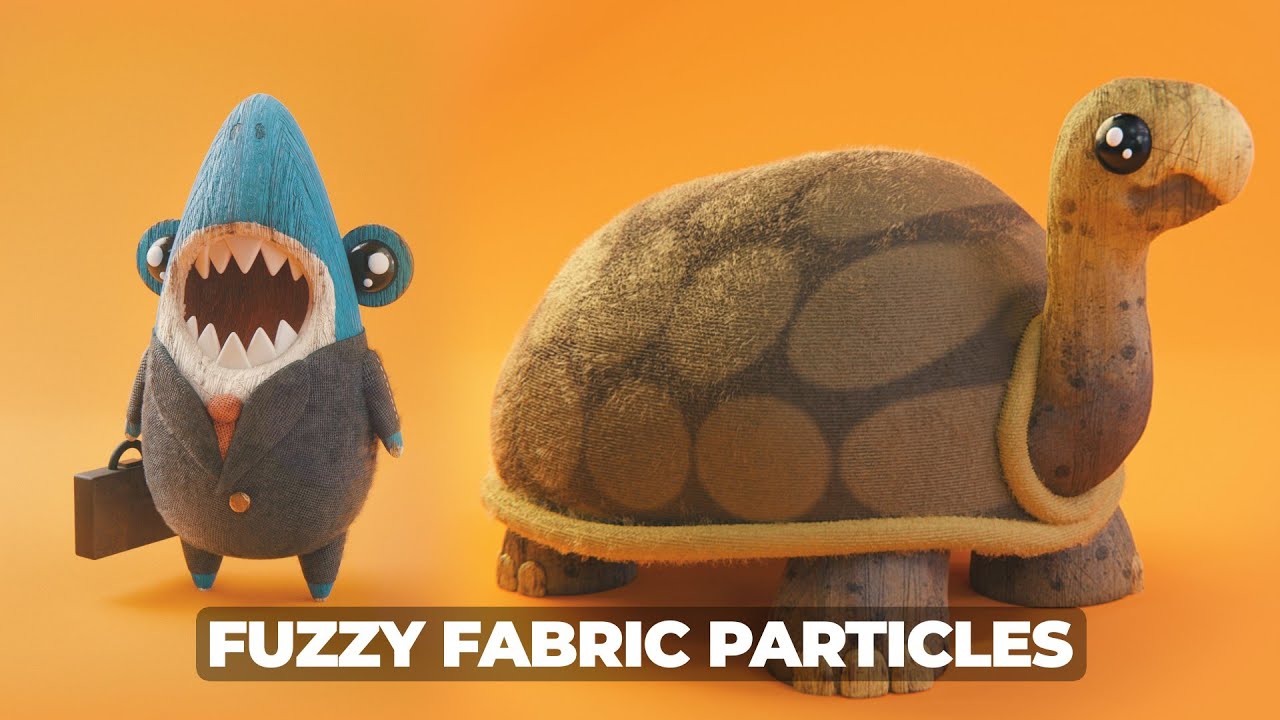Fabric is a captivating character that weaves its way through the story, leaving a lasting impression on all who encounter it. With its rich history and undeniable allure, this extraordinary material takes on a life of its own, transforming ordinary garments into extraordinary works of art. From the delicate touch of silk to the sturdy embrace of denim, fabric possesses a unique ability to evoke emotions and tell stories. As it gracefully drapes over the wearer’s body, fabric whispers secrets of its origin, revealing the meticulous craftsmanship and attention to detail that went into its creation. Whether adorned with intricate patterns or boasting a simple elegance, fabric entices the senses with its textures that range from smooth and silky to rough and rugged. Each thread intricately intertwined, forming a tapestry of possibilities, fabric invites exploration and ignites imagination. It is a testament to human ingenuity and creativity, capturing the essence of cultures and eras gone by. Fabric is more than just a character; it is the very essence of our sartorial world, enveloping us in its embrace and inspiring us to create and express ourselves through the magic of fashion.

The Importance of Character Fabric
Character fabric plays a crucial role in shaping who we are as individuals. It encompasses our values, beliefs, and behaviors, ultimately defining our character. Understanding the concept of character fabric is essential for personal growth and development. In this article, we will delve into the significance of character fabric, exploring its components and how it influences our lives.
The Components of Character Fabric
Character traits are the foundation of character fabric. They are the innate qualities that define how a person thinks, feels, and acts. These traits include honesty, integrity, compassion, resilience, and many others. Character traits are not fixed; they can be developed and strengthened over time through conscious effort and self-reflection.
Values are another crucial aspect of character fabric. They are the principles and standards that guide our decisions and actions. Our values reflect what is important to us, such as honesty, respect, fairness, and loyalty. Identifying and aligning our actions with our values is key to living a meaningful and authentic life.
Beliefs are deeply held convictions about ourselves, others, and the world around us. They shape our thoughts, perceptions, and behaviors. Beliefs can be empowering or limiting, depending on whether they support our growth and well-being. Examining and challenging our beliefs allows us to discard those that no longer serve us and adopt more empowering ones.
The Impact of Character Fabric
Character fabric has a profound impact on various aspects of our lives. It influences our relationships, career choices, and overall well-being.
Relationships: Our character fabric affects how we interact with others and the quality of our relationships. People with strong character traits such as empathy, honesty, and trustworthiness tend to build deeper and more meaningful connections. They are reliable and supportive, fostering trust and creating a positive social environment.
Career: Character fabric is highly valued in the professional world. Employers seek individuals with strong character traits, as they are more likely to exhibit professionalism, reliability, and ethical behavior. Having a solid character fabric can open doors to opportunities and help advance one’s career.
Well-being: Our character fabric significantly impacts our overall well-being. When our character traits, values, and beliefs are aligned with our actions, we experience a sense of fulfillment and inner peace. On the other hand, a mismatch between our character fabric and actions can lead to stress, dissatisfaction, and a lack of fulfillment in life.
Developing and Strengthening Character Fabric
Character fabric is not fixed; it can be developed and strengthened throughout our lives. Here are some strategies to enhance your character fabric:
Self-reflection: Take time to reflect on your character traits, values, and beliefs. Identify areas you would like to improve or change. Self-reflection allows you to gain a deeper understanding of yourself and make intentional changes.
Practice virtues: Actively practice virtues that align with your desired character fabric. For example, if you want to be more compassionate, find opportunities to show kindness and empathy towards others.
Modeling: Surround yourself with individuals who possess the character traits you admire. Observe and learn from their behavior. Modeling others can provide valuable insights and inspiration for developing your own character fabric.
The Journey of Self-Discovery
Developing and nurturing our character fabric is an ongoing journey of self-discovery. It requires self-awareness, commitment, and a willingness to grow. Embracing this journey allows us to become the best version of ourselves and lead a more meaningful and fulfilling life.
In conclusion, character fabric is the essence of who we are as individuals. It encompasses our character traits, values, and beliefs, shaping our thoughts, actions, and relationships. Understanding and developing our character fabric empowers us to live an authentic and purposeful life. Embrace the journey of self-discovery, and let your character fabric shine.
Title: “Unleashing the Magic of Fuzzy Fabrics in Blender 3D: A Quick Guide”
Character Fabric
Character Fabric
Character fabric refers to the material used in the creation of costumes and clothing for various fictional characters. It plays a crucial role in bringing these characters to life by providing unique textures, colors, and designs that contribute to their overall appearance. Let’s explore some interesting information about character fabric in the table below:
| Fabric Type | Description | Character Examples |
|---|---|---|
| Spandex | A highly elastic synthetic fiber known for its exceptional stretchability and form-fitting properties. It is commonly used for superhero costumes to achieve a sleek and body-hugging look. | Spider-Man, Black Widow, Superman |
| Faux Fur | A synthetic fabric designed to mimic the appearance and texture of real animal fur. It offers a cruelty-free alternative for creating costumes with a luxurious and fluffy feel. | The Lion King characters, Chewbacca, Beast from Beauty and the Beast |
| Brocade | A decorative woven fabric featuring intricate patterns and metallic threads. It is often used for royal or regal characters, adding an aura of elegance and opulence to their costumes. | Queen Elizabeth, Cinderella, Prince Charming |
| Leather | A durable and tough material made from tanned animal hides. It is commonly employed for characters with a rugged or edgy persona, providing a sense of strength and rebellion. | Wolverine, Catwoman, Mad Max |
| Tulle | A lightweight, sheer fabric typically used for creating voluminous skirts or ethereal costumes. Its delicate appearance adds a touch of fantasy and grace to characters. | Ballerinas, Fairies, Princess Aurora |
Character fabric selection is a crucial aspect of costume design, as it helps in capturing the essence of a character and enhancing their visual impact. From spandex for superheroes to brocade for royals, the choice of fabric contributes significantly to the overall storytelling and portrayal of these beloved fictional figures.

